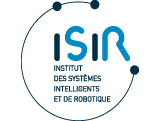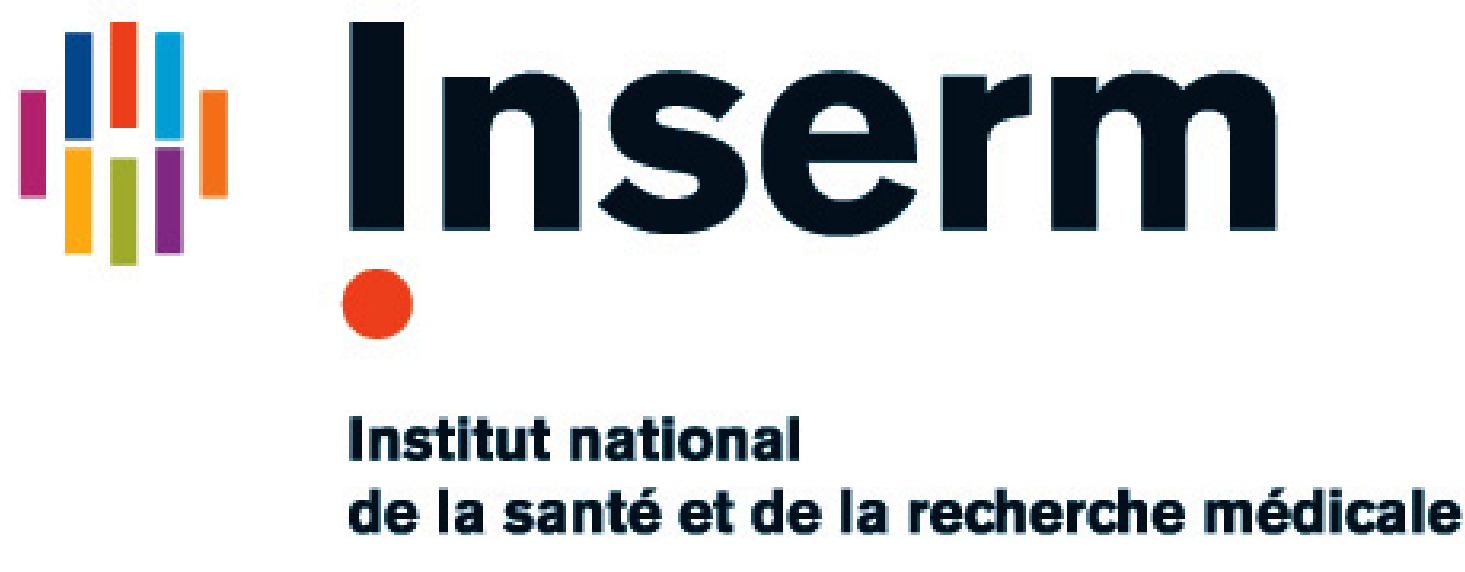Egalement dans la rubrique
PANORAMA, a French-German-Japanese project on human-computer interaction
The National Research Agency (ANR, France), Deutsche Forschungsgemeinschaft e.V. (DFG, Germany) and the Japan Science and Technology Agency (JST), signed an agreement in April 2019 in Tokyo concerning a call for projects on artificial intelligence (AI), a priority topic for these three countries. This call aims to support research projects of excellence in this field and encourage transnational approaches.
In the frame of this call, 36 proposals were submitted and 9 were selected, including the PANORAMA project (adaPtive Artificial iNtelligence fOR humAn coMputer interAction). The project is coordinated by Jean-Claude Martin CNRS-LIMSI and Catherine Pelachaud CNRS-Institute of Intelligent Systems and Robotics (Isir), Sorbonne University, and Elisabeth André, University of Augsburg (Germany) ; et Yukiko Nakano, Seikei University (Japan).
The list of selected projects is available on the ANR website: https://anr.fr/fr/detail/call/appel-a-projets-appel-trilateral-france-allemagne-japon-en-intelligence-artificielle-ia/
PANORAMA, A PROJECT ON ARTIFICIAL INTELLIGENCE
The key concept of this project is “user adaptive AI in the context of human-computer interaction”. This project addresses two aspects for this concept.
Firstly, there is a need for research on user adaptivity of artificial intelligence embodied as a conversational agent. When people talk to other people, they change their verbal and nonverbal communication behaviors according to those of the partner. Therefore, user adaptivity is an essential issue in improving human-agent interaction. Communication style is also different depending on the culture, and adapting the agent behaviors to a target culture is useful in system localization.
These problems must then be addressed using a machine learning approach. However, a bottleneck of this approach is that annotating users’ nonverbal behaviors to create training data is time consuming. They will be able to solve this problem by exploiting Explainable Artificial Intelligence (XAI) technique, through which labels predicted by the system is adapted based on the interaction with the user as an annotator. Thus, the concept for user adaptive AI is used to support users in creating multimodal corpus as well as improve the human-agent interaction.
Moreover, the concept of user adaptivity is also focused on the psychological studies in this project, in which user motivation will be investigated in one relevant use case (personalised motivational coaching for physical activity).
Therefore, this project envisions a new research methodology for machine-learning-based conversational agents by focusing on the concept of user adaptivity.
*The Institute of Intelligent Systems and Robotics (Isir) is a Joint Research Unit (UMR7222) under the supervision of Sorbonne University, The French National Centre for Scientific Research (CNRS) and Inserm (ERL-U1150). This multidisciplinary research laboratory brings together researchers and teacher-researchers from different disciplines of Engineering and Information Sciences as well as Life Sciences.






